Olivier Chabrol (Syndex): “There is an emergence of societal issues and CSR, particularly in large companies and in the leading companies of the sectors
What is Corporate Social Responsibility, commonly known as CSR? Has it been taken into account by companies in recent years or how does it integrate issues related to climate change, to provide solutions within companies and other organizations in society? To these multiple questions, Olivier Chabrol, CSR expert within the Syndex firm, brings answers to Featy, with a positive perspective due to the degree of awareness of new generations of employees, customers, in connection with education. Interview.
Feat-y: How do you define Corporate Social Responsibility (CSR)?
O.C: This is a good question because it has been a topic of debate for many decades. In fact, the term came from the United States in the middle of the 20th century by Protestant pastors. The original term is corporate social responsibility and it has been interpreted very differently in different countries, by different communities and at different times. This gave rise to a great deontological debate at the beginning of the 21st century and we agreed on an international definition, in an international standard called ISO 26000, published in 2010, which finally provides an international definition of CSR, which is then redefined in different cultures, with interpretations that enrich it. Thus, we have a European version, which comes from the European Commission in October 2011 and which indicates that corporate social responsibility is a responsibility towards the effects that companies have on society. That is to say that there is a de facto responsibility, through the activity, which is linked to the consequences of the activities and decisions of companies on the environment, on humanity, on each individual, on the future of the planet. In the trade union movement, which Syndex supports, we rely on this definition and it so happens that the European Commission has enriched it by considering that in Europe, we have built a European social model, notably on the recognition of the importance of consultation between the stakeholders of the company, i.e. the employers and the staff representatives, the trade unions, notably to establish collective agreements. And the European Commission’s definition takes up this principle by saying that corporate social responsibility must be inspired by collective agreements and cannot ignore them.
Feat-y: Besides, should we talk about social responsibility or societal responsibility?
O.C: Indeed, we use the term social responsibility more often because it is a translation of corporate social responsibility. But social, in English, is probably better translated by the word societal because it does not only include the social aspect in the French term of social dialogue, which is centered on the relations between employers and employees, possibly with the arbitration of States. The word societal is probably a better translation insofar as environmental and social issues are included in the social responsibility of companies.
Feat-y: What is the proportion of companies committed to CSR?
O.C: It’s difficult to define a proportion if we don’t define what CSR commitment is. What is important, with regard to the definition that I have just given, is that corporate social responsibility concerns all companies, from the smallest to the largest. There are no exceptions insofar as every company is responsible for the impacts of its activities. Then, when we talk about committed companies, which try to innovate, to go beyond what the law expects of them, these are the ones who will promote virtuous actions with regard to society. For me, the notion of proportion does not mean much. What we can see today is that all the leaders in all sectors of activity have a CSR department or a sustainable development department because at the beginning of the 21st century, we can no longer separate corporate social responsibility from the notion of sustainable development because it is the great challenge of the 21st century. And all these leading companies have taken this into account. I would say that from the moment they take on board the procedures and habits of a sector of activity, they in fact involve all the companies. Then, there are profiteers, there are rogue companies, which are fortunately a minority, but which can do a lot of damage. It is up to the public authorities to identify them, and then to correct the situation by condemning or banning them.
Feat-y: Does this proportion differ according to company size?
O.C: Companies can devote more or less resources to issues that go beyond their core business. We consider that the healthier companies are, the more they will be able to concern themselves with the way they produce, with the social and environmental quality of their processes. They will then more easily improve these points and use their economic leeway to improve these points. On the other hand, we can see that a company in great economic difficulty is obliged to cut jobs and make savings on industrial processes, often to the detriment of social and environmental quality. Rather than being linked to the size of the company, the resources dedicated to these issues are linked to the financial health of companies in general.
Feat-y: Apart from companies, are there other organizations concerned by CSR? Do you follow them?
O.C: All organizations are concerned by their social or societal responsibility. And besides, the ISO 26000 standard to which I referred earlier, is a standard that gives guidelines for the social responsibility of organizations. It does not only apply to companies. We can consider that an administration, an association, a trade union organization can be concerned about their impact, and should even be concerned about their impact on societal and environmental challenges. At Syndex, we are focused on supporting social dialogue in companies that are subject, by business law and the labor code, to social dialogue through staff representation, what are now called CSEs, Social and Economic Committees, which have replaced works councils. But this consideration of environmental issues must be managed by all organizations in society. Including families and individuals, who are increasingly concerned about having a controlled impact on the future of the planet through the organization of their vacations, the way they eat, etc.
Feat-y: How do you evaluate the CSR policy of companies, especially from an environmental point of view?
O.C: Today, unfortunately, we are far from the mark! The vast majority of large companies talk about the environment but their practices fall far short of their stated ambitions. This is particularly true for the two major challenges of this century, namely the fight against climate change and the preservation of biodiversity. Today, the policies of large companies are far below what is needed to avoid catastrophe. Our job is to analyze what they say, to analyze what they do and thus to show the interest, but also unfortunately the limits of these practices, of these policies, so that they can be the subject of a dialogue, between the leaders and the employees. And this, so that it can be better followed up and that more solid means, greater ambitions, are implemented.
Feat-y: What are the criteria used?
O.C: Today, most companies do what is called CSR reporting. That is to say, they publish documents, which are public, to indicate what their policy is in terms of corporate social responsibility, what their results are and what their ambitions are for the future. At Syndex, we analyze these documents. We have criteria that concern the coherence of the information given, their concordance with the sectoral ambitions. We compare them with the ambitions given by the States, since the international community, particularly on the issue of climate change, has set objectives. We compare the figures given by the companies with these international objectives. This is where we see that practices are not satisfactory when compared to international expectations. Then, on more local cases, we carry out analyses of work that we will compare to the ambitions declared in these CSR reports. Since 2017, in the French commercial code, these CSR reports are called extra-financial performance declaration. All companies with more than 500 employees must declare once a year, in their annual management report, their policy, their practices, and deliver performance indicators, monitoring indicators on the various themes that matter to them. The key issues of sustainable development on which they have an impact through their activity. We look at these indicators. That’s our criteriology. Then we make comparisons between similar companies to evaluate what seems to be a reasonable policy or what seems to be a policy that needs to be improved. We’re a consulting firm. We don’t do political action behind the scenes, but we deliver this information to the players in the social dialogue, which are the employee representatives, the trade unions, and the employers. And they discuss these questions to see if they can improve their company policy.
Feat-y: In relation to the observation that firms’ CSR practices fall short of their stated ambitions, particularly from an environmental point of view, have you nevertheless observed any changes in this area in recent years?
O.C.: Yes. Fortunately! We have come so far! Ten years ago, for many companies, the issue of climate change was not a subject! And even 4-5 years ago, in many companies, you would never find the word biodiversity in their documents. These are things that have changed. Now, in all large companies, we can no longer completely ignore the challenges of climate change and we are starting to talk seriously about biodiversity. There are starting to be ways to measure the impacts of business activities on biodiversity. This is also evolving thanks to the fact that customers and new employees, the younger generations, are more sensitive than the older ones to these issues, more sensitive to the future. Education in schools and universities has been made to take these issues better into account. These are things that are beginning to be more common in companies. And even human relations departments, when they are recruiting, they realize that they are often challenged by young graduates who ask a lot of questions about this, who have expectations of their company, and many large companies are afraid of losing talent if they do not take things seriously. It’s moving forward. Not fast enough, but it’s going in the right direction in some companies. Unfortunately, there are things that are also going in the wrong direction. The financialization of the world economy continues to be the dominant model. The regulation of companies on social and environmental issues is still very weak for the moment, compared to financial regulation. There are financial instruments that allow companies to maximize their profit above all. There are divergent forces within companies on this issue. Sustainable development and CSR departments are often in tension with financial directors. There is a match that we must continue to observe. There is an emergence of societal and CSR issues, particularly in large companies and in the leading companies in their sectors. But, for the moment, these issues are not the dominant ones in the management of companies.
Feat-y: Does this mean that questions about climate change have caused companies to change their CSR policies, or are other factors to be taken into account?
O.C.: I think that, for the moment, we can’t say that it has made companies change their policies. It’s shaken them up, it’s shaken the foundations a bit, it’s opened new windows, but the financial fundamentals are still very solid. The necessary revolution of change in political and economic model is not yet here. We are in a phenomenon that is still emerging, even if it is really clear now.
Feat-y: Finally, what prompted you to approach Syndex and do the work you do?
O.C : Syndex is a firm that has been working for almost 50 years alongside employee representatives to try to improve social dialogue, to balance the powers in the company. At the beginning, it was mainly about the distribution of wealth. Then the evolution of social dialogue and of the world meant that it was extended to social issues and now also to other societal issues, including environmental issues. My background is in chemical engineering. I was a business engineer for 15 years, in international trade activities. At the same time, I was also an activist in associations, in development NGOs and human rights NGOs. And I was looking to give meaning to my work. I decided to completely change my professional commitment to become a kind of professional activist, starting in 2001. I then worked for five years in an NGO defending human rights and identifying things that could be done to improve business procedures in international trade, through the Ethics on the Label collective. It was in this context that I met trade unionists, and then Syndex, which accompanied these trade unionists to understand the international trade sectors and analyze the power issues. I found this job very interesting. That’s why I joined Syndex in 2006, when a team dedicated to these issues of corporate social responsibility was being set up. I have been working on the coordination of expertise on these issues for 13 years now. It’s an exciting job because it’s in full evolution and as we just said in the first part of the interview, there are still many things that are in the field of experimentation, controversy, awareness and learning by companies on these issues. Unfortunately, it is still very low in the proportion of social dialogue. It is a real professional challenge to get things moving, to get trade unionists and employee representatives to become more competent so that they can take up these issues, challenge their companies and create constructive social dialogue to bring about positive change. This is what motivates me professionally.
Interview Jonathan Baudoin
Syndex: www.syndex.fr




